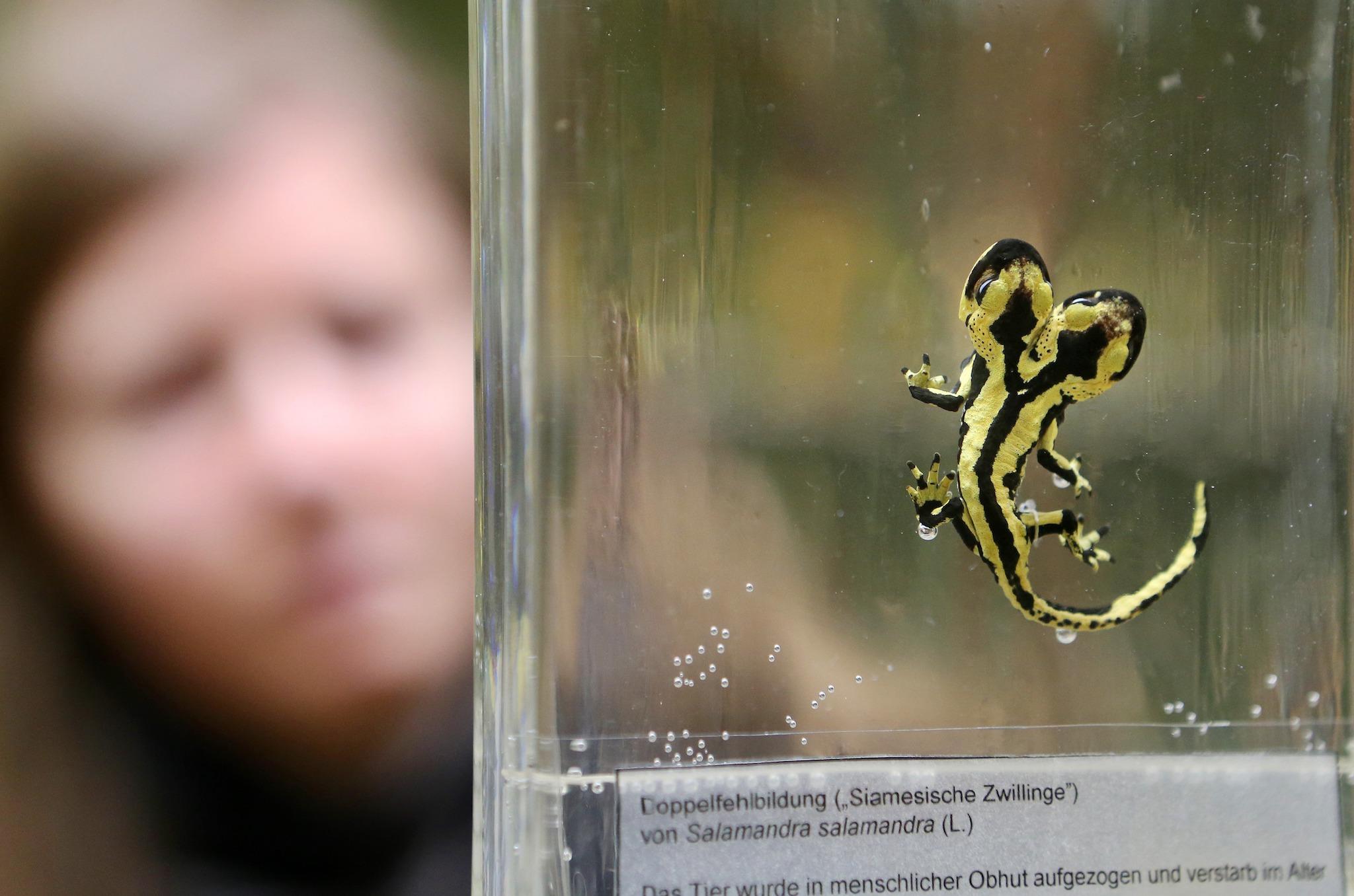Invasive 'alien' species represent a massive threat to our animals and plants, scientists caution
'Environmental change, new biotechnology and even political instability are all likely to result in new invasions'

The world is being invaded by “alien” species that could cause huge problems, scientists have warned.
Our rapidly changing world is bringing new types of invasive species that are able to trigger disruption – potentially including new kinds of diseases that could ravage animals and plants.
“Our study found that environmental change, new biotechnology and even political instability are all likely to result in new invasions that we should all be worried about,” said David Aldridge from Cambridge University, which hosted a meeting of 17 researchers from four continents to try and combat the coming concern.
10 photographs to show to anyone who doesn't believe in climate change
Show all 10Many invasive speeches have already brought havoc to some regions. Those include Japanese knotweed, for instance, which can destroy buildings, or Eastern European zebra mussels that can clog drinking pipes.
Now scientists fear that among other invasions, disease-causing bacteria and other life could spread into new regions and attach themselves to new hosts. As they do so, they might undergo changes that cause them to turn from innocuous to dangerous, bringing new kinds of dangers.
That is already happening to some animal species – such as a fungus that is killing European salamanders and a disease that is wasting sea stars in perhaps the worst wildlife die-off ever recorded. These are so dangerous because the animals and plants have never been exposed to the threats before, and so have not developed ways of fighting against them.
And it could happen even more as agricultural practices change. Farmers might end up intentionally introducing invasive species that then go on to cause havoc.
One way to control the damage from invasive species could be to use advances in genetic modification. But that could prove challenging, too, and any advances are likely to be met by “public opposition and the view that we are opening Pandora's Box”, said Hugh MacIsaac from the University of Windsor.
The scientists caution that perhaps the biggest challenge is the denial that invasive species can cause such problems, attempting to downplay the role that such changes play.
“Denialism in science is not new, but its growth in the context of invasive species is especially worrying for people trying to conserve unique native biodiversity” said Tim Blackburn from University College London in a statement. “Manufacturing doubt about the negative impacts of invasive species can delay mitigating action to the point where it is too late.”
Subscribe to Independent Premium to bookmark this article
Want to bookmark your favourite articles and stories to read or reference later? Start your Independent Premium subscription today.

Join our commenting forum
Join thought-provoking conversations, follow other Independent readers and see their replies